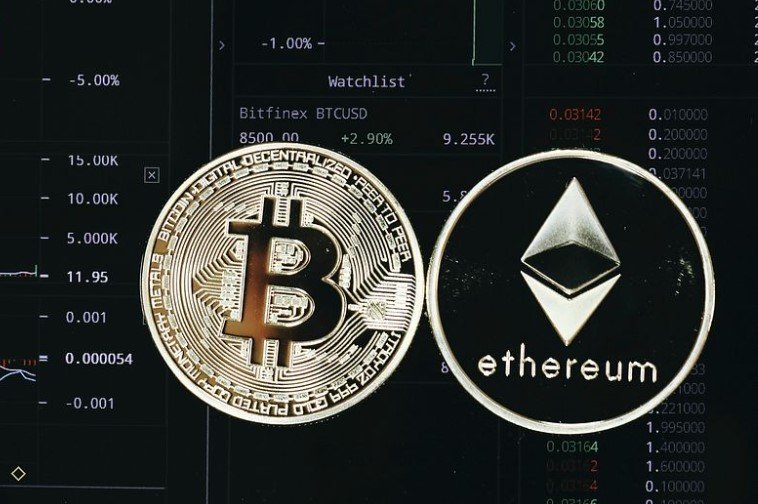Sparkassen’s long-awaited crypto shift shows just how far traditional banking has come — and how fast it had to get here.
Germany’s biggest banking group is finally doing something it once called unthinkable. Sparkassen, a century-old symbol of financial conservatism in Europe’s largest economy, has confirmed plans to let its millions of customers trade Bitcoin and other digital assets — right from the comfort of their banking app.
The rollout, expected within the next 12 months, marks a pivotal moment in German retail finance. And not just for crypto fans. It’s a watershed signal from a banking institution that had, until very recently, written off digital assets as too risky, too wild, and too far removed from its mission.
Now? It’s game on.
From ‘Too Risky’ to ‘Too Popular to Ignore’
Back in 2023, Sparkassen’s internal committee made headlines for flat-out rejecting crypto. The group had deemed digital assets unfit for its model — citing high volatility, unclear regulations, and customer risk.
Fast forward two years, and the about-face is glaring.
What changed?
A lot, actually. But most of it comes down to two words: regulation and demand.
The European Union’s rollout of the Markets in Crypto-Assets Regulation (MiCAR) offered long-awaited legal clarity. And on the other side, customers — many of them under 40 — kept asking why their banking app didn’t offer what trading platforms like Bitpanda or Coinbase could.
So Sparkassen decided to build the bridge. Or at least stop ignoring it.

DekaBank to Handle the Back-End Muscle
This isn’t a flashy startup entering the crypto space — it’s a banking goliath moving carefully and methodically.
The rollout will be supported by DekaBank, Sparkassen’s central securities services provider, which is owned by about 350 of the group’s regional savings banks.
Deka will handle custody, backend trading infrastructure, and compliance. That means Sparkassen won’t be opening the crypto floodgates wide; it’ll be offering self-managed crypto trading with embedded risk warnings and no in-branch support.
That last part’s important: the move is structured to serve “self-determinants,” not those looking for hand-holding. It’s crypto — with guardrails.
“We will enable interested self-determinants to access DekaBank crypto services,” a DSGV spokesperson said, with emphasis on “interested.”
What Sparkassen’s Move Really Means for the Market
Let’s pause for a second.
Sparkassen isn’t just another bank — it’s the German banking institution. Over 50 million customers. A trillion-euro balance sheet. And perhaps most crucially, political and cultural clout stretching from Bavaria to Berlin.
Which is why this isn’t just a product launch — it’s a sign that crypto has crossed the banking Rubicon in Germany.
It’s also pressure. Sparkassen’s entry into crypto trading doesn’t just legitimize the market — it forces rivals to react. And fast.
• Commerzbank and Deutsche Bank are already exploring crypto custodianship.
• ING Germany has pilot-tested Ethereum staking.
• N26 and Revolut have been offering limited crypto services for over a year now.
But Sparkassen’s reach makes this different.
The MiCAR Factor: A Quiet Regulator’s Loud Impact
One of the biggest drivers behind Sparkassen’s shift isn’t even consumer-facing. It’s regulation.
MiCAR, adopted across the EU in June 2023, standardizes how crypto assets are treated, traded, and supervised across 27 member states. For the first time, banks know the rules — and that makes all the difference.
Before MiCAR, offering crypto services meant navigating a patchwork of national policies, conflicting interpretations, and risk of legal whiplash.
With MiCAR in place, Sparkassen could finally say, “We’re ready to move.”
Here’s a quick snapshot of MiCAR’s banking relevance:
| Regulation Feature | Impact on Banks |
|---|---|
| Unified Licensing | Single EU license for all member states |
| Stablecoin Oversight | Legal framework for euro-backed tokens |
| Investor Disclosure Mandates | Clear rules for risk warnings |
| Custody Requirements | Bank-compliant crypto asset storage |
That clarity is gold for institutions like Sparkassen, which need to know what risks they’re exposing themselves to — and how to mitigate them.
Customer Demand Was the Tipping Point
Banks don’t change because of fads — they change because customers start walking away.
For Sparkassen, that moment came slowly but surely. Young customers wanted crypto. Older ones asked about Bitcoin ETFs. And the fintechs? They were eating into margins.
Bitpanda grew rapidly in the German-speaking market. So did Scalable Capital and Trade Republic, all offering digital assets with easy UIs and no minimums.
Sparkassen couldn’t just sit this one out anymore.
And now that MiCAR gave them the legal green light, customer demand has given them the final push.
What This Doesn’t Mean — Yet
Let’s be clear: Sparkassen isn’t suddenly becoming a crypto-first bank. There won’t be NFTs, DeFi lending, or meme coin promos any time soon.
And this won’t be a free-for-all either. The bank won’t offer financial advice or support for recovering passwords. That’s on the users.
One banker familiar with the plan summed it up like this: “This is a toe in the water — not a cannonball.”
But still, the move is a massive cultural shift. Ten years ago, crypto was taboo in Europe’s traditional banking halls. Five years ago, it was fringe. Now, it’s productized.
And Sparkassen just turned the page.








